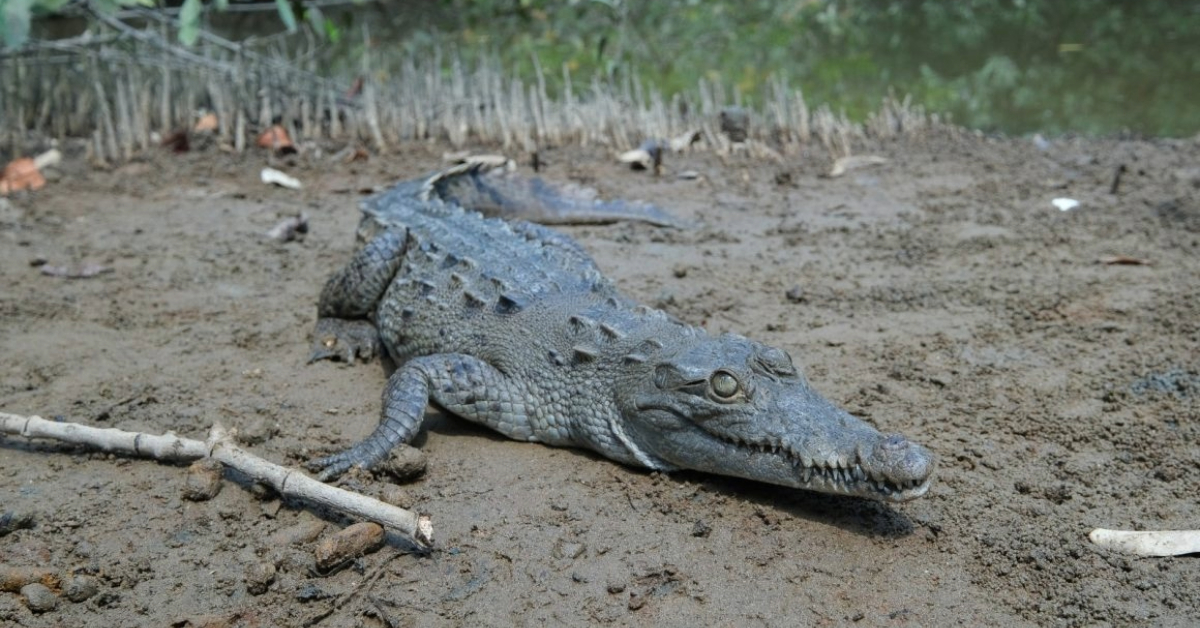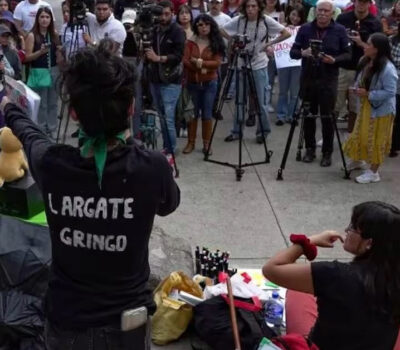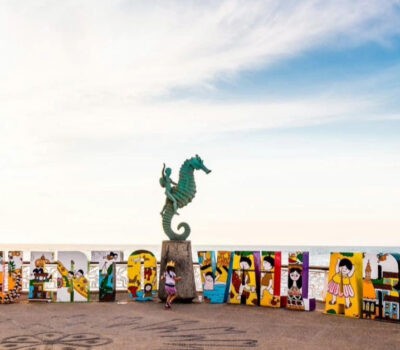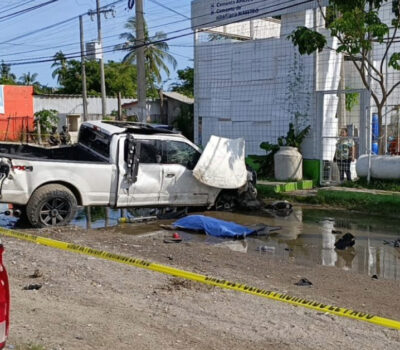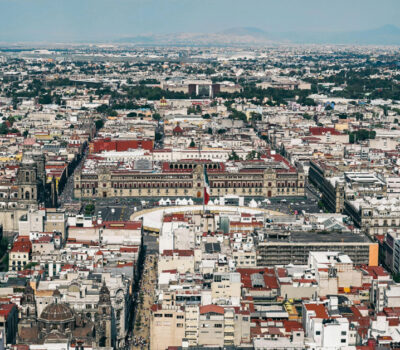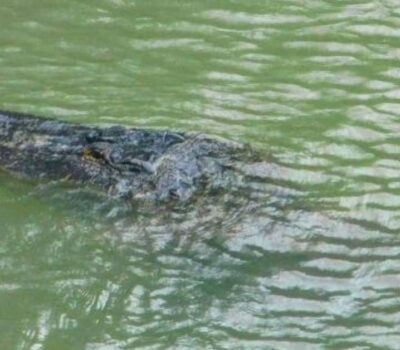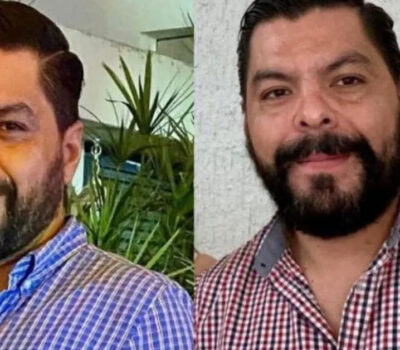The crocodile killed in El Salado estuary has led Semadet to file a criminal complaint with the FGR and Profepa, underscoring Mexico’s wildlife protection laws and plans to restart educational workshops.
Authorities discovered the mutilated carcass of a roughly two-and-a-half-meter crocodile in the El Salado estuary on Friday, July 4, triggering an immediate legal response. Staff from the Secretariat of Environment and Territorial Development of Jalisco (Semadet) say unknown individuals breached the perimeter fence on the El Triunfo Gallery side of the protected area, entered the mangrove, and killed the animal. They then removed its head and tail, leaving only the torso behind.
Helios Hernández Hurtado, head of the multidisciplinary team at Estero El Salado State Park, received a tip from local residents late Thursday night. When his team arrived, they estimated the reptile had been dead between 18 and 24 hours. Semadet personnel buried the remaining carcass in the estuary after confirming that the attackers took all major body parts from the scene.
Within hours, Semadet’s legal team filed a criminal complaint with the Federal Attorney General’s Office (FGR) for crimes against biodiversity and wildlife damage. Officials will forward the case to the Federal Attorney for Environmental Protection (Profepa) to pursue federal environmental penalties. “This is an attack on a protected natural area and a clear violation of our environmental laws,” Hernández Hurtado said.
He lamented the hostility toward crocodiles. Each year, at least two adult specimens in Puerto Vallarta suffer fatal human attacks, and many hatchlings fall victim to opportunistic killings. Despite widespread belief that crocodile numbers in Banderas Bay are high, there are only about 300 total specimens across Jalisco and Nayarit—just 45 of them adult and registered. El Salado itself harbors around 60 crocodiles of all sizes, but slow population growth and hatchling vulnerability keep overall numbers low.
Under the General Law of Ecological Balance and Environmental Protection (LGEEPA), the General Law of Wildlife, and NOM-059-SEMARNAT-2010, this species enjoys full protection. Penalties for harming or trading endangered wildlife can include hefty fines and imprisonment. Semadet officials emphasize that the law applies to every individual, and they call on citizens to report suspicious activity.
Semadet and its partners plan to resume educational workshops and workgroups on the human-crocodile relationship in the coming weeks. They will collaborate with the University of Guadalajara, municipal authorities from Puerto Vallarta and neighboring Nayarit, and federal agencies. These sessions aim to build respect for wildlife, spotlight each species’ role in healthy ecosystems, and teach safe coexistence practices. “Crocodiles help keep our waterways healthy by controlling prey populations and recycling nutrients,” Hernández Hurtado noted.
Residents who witness illegal dumping or environmental damage can call Semadet’s hotline or report issues through the Citizen Participation departments in their municipality. Officials warn that illegal activity in protected areas not only risks wildlife but endangers humans, since crocodiles can behave unpredictably when stressed or injured.
As investigations proceed, Semadet urges the public to stay vigilant and respect the boundaries of protected sites. Authorities hope that swift legal action and renewed community outreach will deter further attacks and safeguard the fragile El Salado estuary for both wildlife and people.
The crocodile killed in El Salado estuary has led Semadet to file a criminal complaint with the FGR and Profepa, underscoring Mexico . . .

